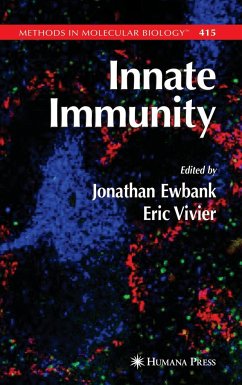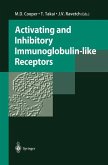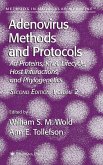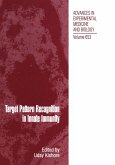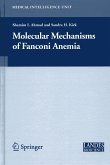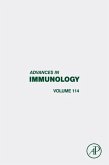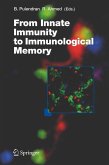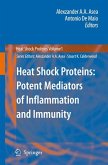Immunologists today are interested in all of the diverse cell-types involved in host defense and have a deeper appreciation of the importance of innate immune mechanisms as a first line of protection against pathogens. This volume thus discusses the isolation and functional characterization of cells involved in innate immunity in mouse and man, including mast cells and eosinophils. Other focuses include natural killer cells, methods in statistics, in vivo imaging, genome engineering, and mutagenesis and culture that are adapted to the study of innate immunity in these hosts. These are complemented with a series of chapters dealing with alternative models: plants, worms, mosquitoes, flies, and fish. Together, these approaches and models are being used to dissect the complex interplay between hosts and pathogens and contribute to developing strategies to help fight infection. With chapters written by experts on the cutting-edge of this technology, Innate Immunity is an essential reference for immunologists, histologists, geneticists, and molecular biologists.
From the reviews:
"The methods described in this book include step-by-step protocols to isolate cells that are involved in the innate immune response as well as a variety of other methods that could be useful. ... The book is written for laboratory researchers ... . It offers a detailed description of the reagents and procedures that are used for each of the protocols and could be used by immunologists, histologists, geneticists, and cell biologists. ... an excellent addition to any laboratory which could use these techniques." (Marion C. Cohen, Doody's Review Service, December, 2008)
"The methods described in this book include step-by-step protocols to isolate cells that are involved in the innate immune response as well as a variety of other methods that could be useful. ... The book is written for laboratory researchers ... . It offers a detailed description of the reagents and procedures that are used for each of the protocols and could be used by immunologists, histologists, geneticists, and cell biologists. ... an excellent addition to any laboratory which could use these techniques." (Marion C. Cohen, Doody's Review Service, December, 2008)

